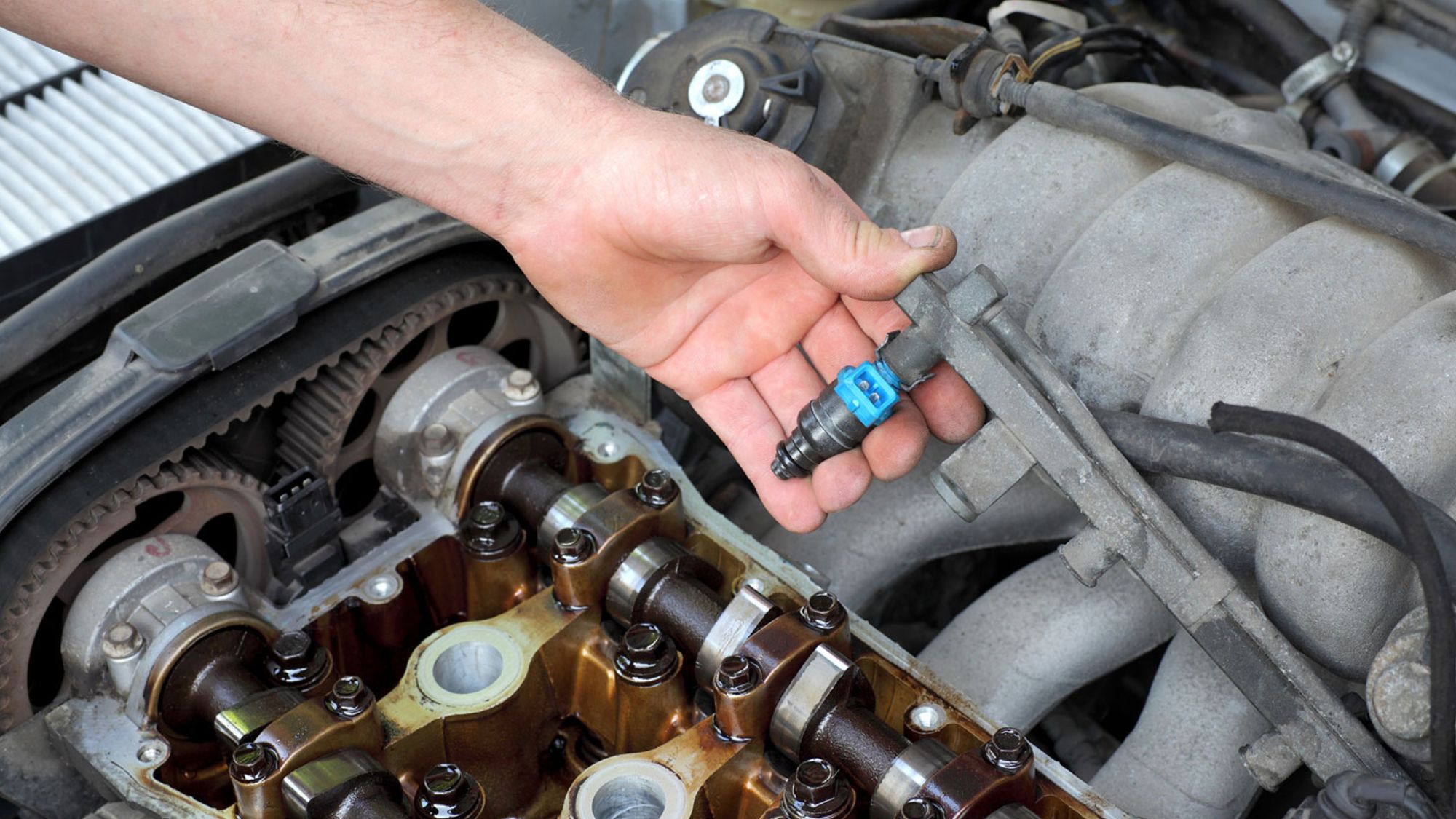Numerous frequent problems, including fuel contaminants, extreme heat, electrical malfunctions, or just normal wear and tear over time, can cause diesel injectors to break. Poor lubrication causes inner harm, and grimy fuel jams the injector nozzles. The solenoids in the injector may be fried by way of overheating or fluctuations in voltage, leading to misfires or total failure.
The secret to warding off those issues is routine protection. Avoid overcharging your engine, use clean, high-quality diesel, and change your fuel filtration frequently. Fuel additive cleaners, injector testing, ultrasonic cleaning, repairing broken seals, or expert inspection are five fast fixes to think about if problems occur. Choose professional diesel injector repair services for ongoing issues.
Contents
A Diesel Injector: What Is It?
High-pressure fuel injection into the combustion chamber is accomplished using precisely built diesel injectors. To guarantee adequate mixing with air and full combustion, they have to offer fuel in a fine mist. Since the entire insertion procedure takes place in milliseconds, accuracy, schedule, and uniformity are crucial.
Diesel injectors are put to work in conditions that involve high pressures, sweltering temperatures, and a lot of vibrations. Because injectors are electronically controlled these days, fuel is delivered more accurately to improve gas mileage and reduce harmful exhausts. Any interruption or problem within the engine may affect its efficiency right away.
Why Do Diesel Injectors Break?
There are several mechanical, chemical, and electrical causes for diesel injector failure. Fuel pollution is one of the most frequent reasons. Microbes, water, and dirt are examples of impurities that can get into the fuel system and lead to corrosion or internal obstructions. Due to its inability to be compressed like fuel and its potential to tear interior injector components, water in diesel is particularly harmful.
Diesel injector failure is also mostly caused by poor fuel quality. Insufficient lubrication from subpar diesel might cause friction among the operating factors of the injectors. This can also finally cause the injector to wear out, stick, or absolutely capture. Particularly for diesel-powered vehicles with excessive mileage, normal wear and tear is unavoidable. After prolonged use, moving additives like valves and nozzles go to the pot.
5 Quick Solutions That Work:
1. Employ Cleaners with Fuel Additives:
Minor diesel injectors problems can be quickly and affordably fixed with fuel additives cleansers. The purpose of these chemicals is to remove accumulation, including carbon savings, from inside the injectors. Fuel flow and distribution patterns can be impacted by internal and external carbon fouling that occurs in fuel injectors over time.
The additives circulate with the fuel and aid in dissolving deposits, which enhances injector efficiency when added to the diesel tank together with a suggested cleaning. Frequent application of these lubricants can increase fuel atomization, stop additional blockage, and restore power and fuel efficiency.
2. Replace Fuel Filters On A Regular Basis:
Most people overlook the fuel filter, which is an important part of the diesel fuel system. They prevent any water, corrosion, or dirt from affecting or moving through the injectors. With time, the filter can get blocked and no longer protect the house, letting in particles that may be dangerous.
In addition to lowering fuel pressure, a blocked fuel filter can cause injector strain and poor performance. The life expectancy of the injector is increased and clean fuel supply is ensured by replacing the fuel filter at the suggested intervals.
3. Cleaning Ultrasonic Injectors:
Using ultrasonic cleaning is an expert method to unclog or fix diesel injectors that are not working properly. After the injectors are attached to a motor, they are put inside the chamber filled with a cleaning solution. The mixture is then stirred by high-energy sound waves, which produce tiny bubbles that clear the internal passageways of carbon and debris. Fuel additives are unable to remove tough savings, however this cleaning method works well. It increases the injector flow rate and provides appropriate spray patterns.
4. Examine and Adjust Injectors:
With time, injectors may lose the piece they were calibrated for because of contamination or wear. Even small deviations in the fuel input may influence how fuel is burnt and emitted. Such issues are detected early by professional injector cleaning.
Injectors are tested for electrical response, flow rate, leak efficiency, and spray quality. To regain accurate fuel delivery, recalibration can be carried out if required. This process reduces fuel loss and guarantees peak engine performance.
5. Choose Expert Diesel Injector Repair:
Repairing injectors by a professional is usually the best choice when they are seriously worn out or damaged. To achieve this, the engine injector should be opened, all its components analyzed, and any that are unserviceable should be replaced. After that, the injector is put back in working order, synced, and tested to guarantee it is like new.
It is far less costly to repair diesel injectors than buy new ones. When the work is done by qualified experts with top parts, refurbished injectors will operate as dependably and last as long as new injectors.
Final Words:
Failing diesel injectors may greatly reduce the quality of engine performance and raise your running costs. Most of these effects, which happen because of issues with fuel, maintenance, heat, or electricity, are often preventable. Taking care of these problems promptly and using fuel things, replacing filters, ultrasonic cleaning, testing injectors, and rebuilding diesel injectors can restore your engine’s function and make it work better.


